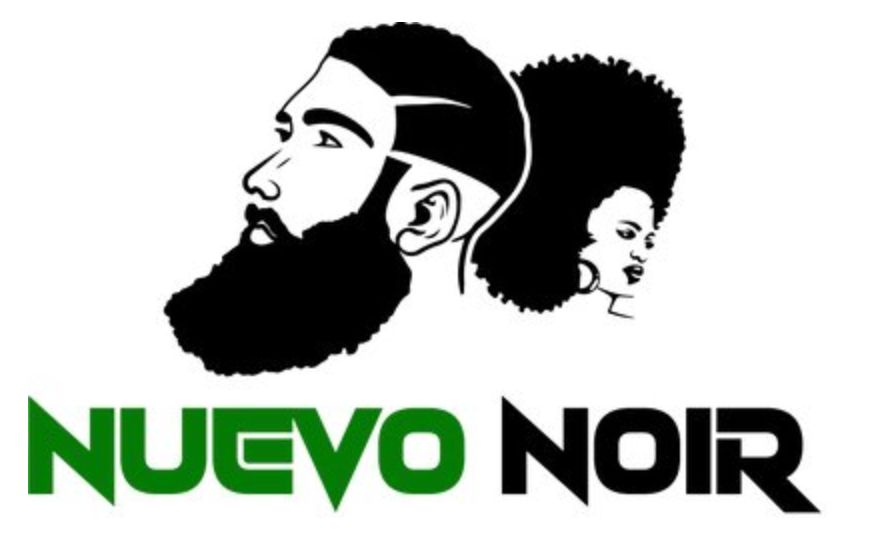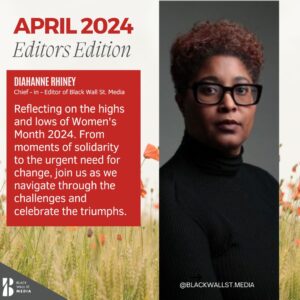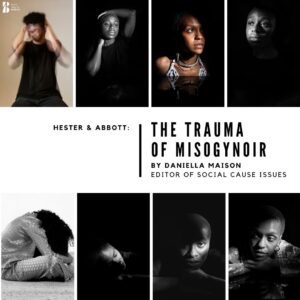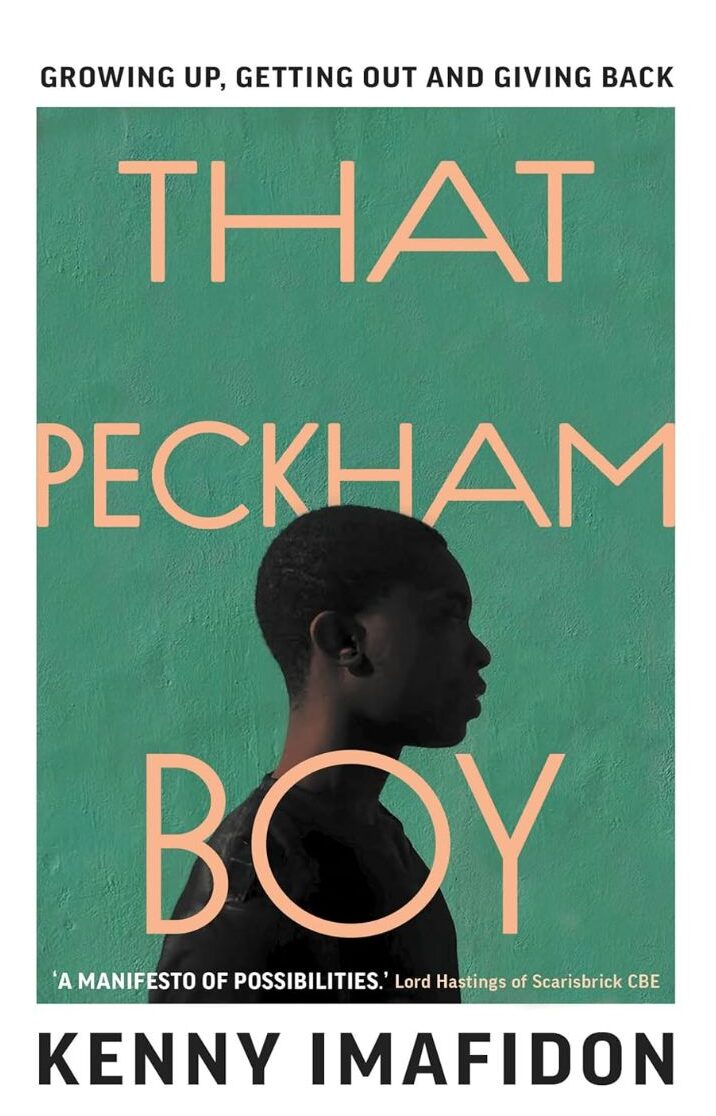HEALTH
Erasing Blackness
“The “Snow White complex” is far from just a fad across the Caribbean, glorified by dancehall and slathered onto small children by their parents. 77% of women in Nigeria bleach their skin, 59% in Togo, 35% in South Africa, 27% in Senegal and 25% in Mali use skin-lightening products.”
Daniella MaisonEditor of Social Cause Issues
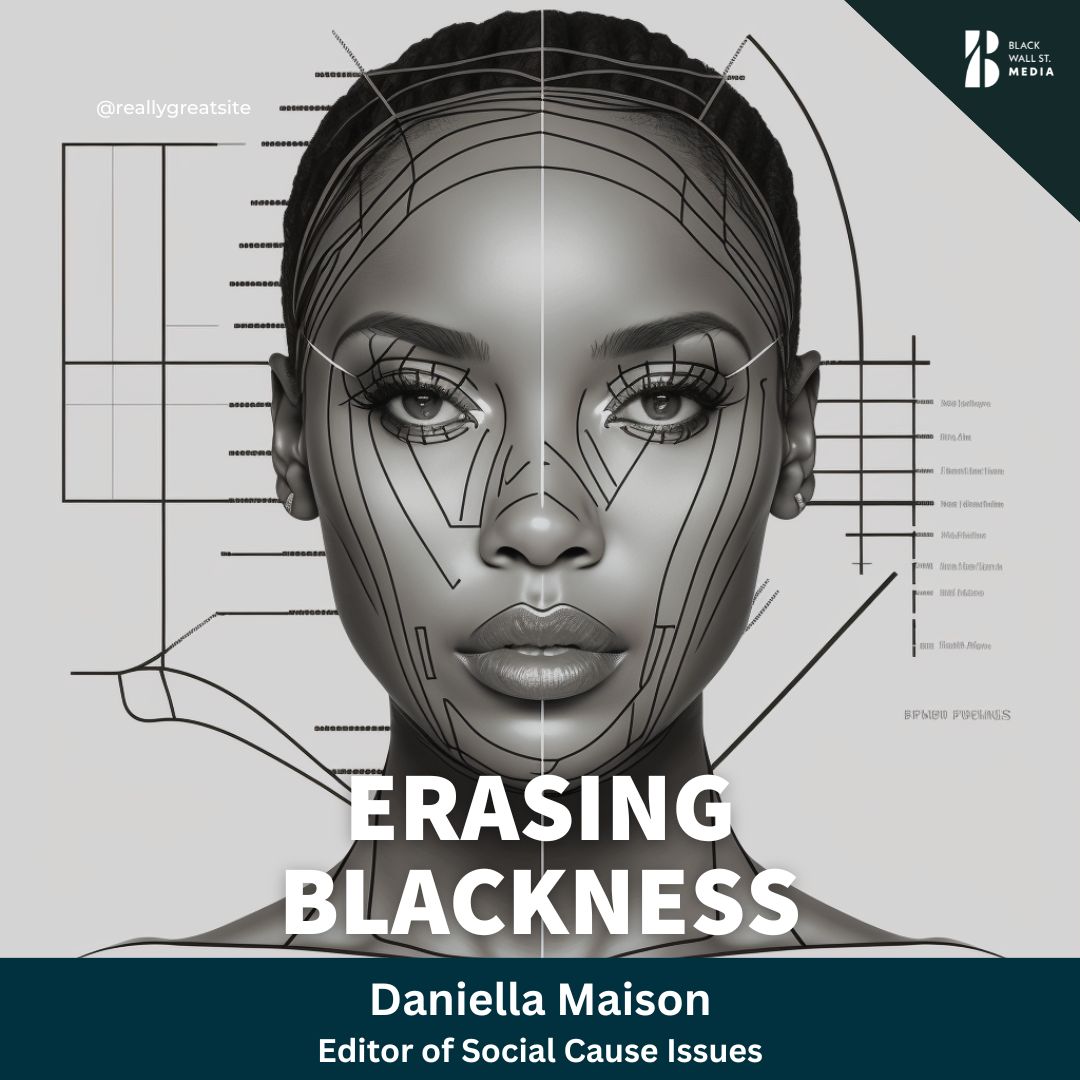
Recent news reports have stated that sales numbers for skin bleaching products are on the rise and the sale of these products are predicted to reach over $15 billion US dollars by 2030.
Bleaching products containing toxic ingredients such as mercury, steroids and hydroquinone are expanding in every corner of the diaspora and are being sold on Amazon and under-the-counter in UK hair and beauty shops.
There is big business in promoting fallacious insecurities to women. For Caucasian women, there is the merciless advertising of the obtusely named ‘anti-ageing’ cream.
Media advertising says it is so, and so it is. The presence of melanin and increased collagen in black skin makes Black women a tough sale for so-called age defying products. However, they breathe a sigh of relief at having branded and packaged a different fictitious flaw that must be eradicated: blackness.
The “Snow White complex” is far from just a fad across the Caribbean, glorified by dancehall and slathered onto small children by their parents. 77% of women in Nigeria bleach their skin, 59% in Togo, 35% in South Africa, 27% in Senegal and 25% in Mali use skin-lightening products.
However, the spotlight cannot only be shone upon the individuals who bleach their skin, but the historical context, those who are culpable in promoting it, and the institutions that make skin bleaching a viable option in exchange for megabucks.
Of course, men are not immune to the allure of bleaching (Vybz Cartel proved this), but it remains far less prevalent. As women, the melanin in our skin has long been the nebulous root of our shame and remains pinnacle on the list of beauty’s sacrificial lambs followed closely by our hair.
The extraction of this issue is so vast it could form a compendium within itself. In Africa and throughout its Diaspora, the hegemony of colonialism has instigated a deep hatred of melanin that has been almost impossible to shake off. Afterall, what would slavery have been without colourism and what are either, without melanin?
The colour complex is the belief in the superiority of light skin and European-like hair and facial features and it is a wretched legacy of slavery.
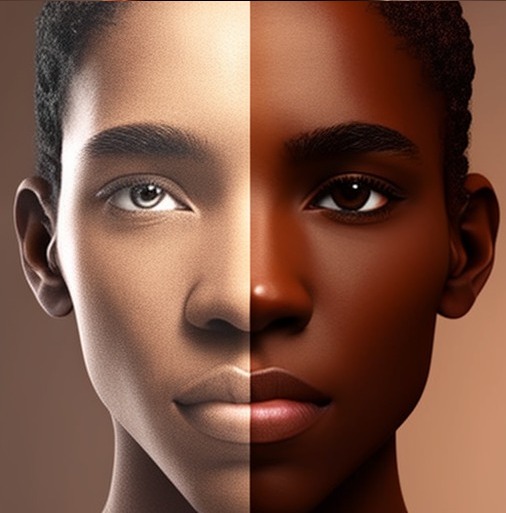
Slave owners would assign domestic tasks to lighter skinned slaves and more arduous work to darker skinned slaves. Over time, colourism evolved into all parts of society, especially the labor market and the media.
Within African American history in particular, the “paper-bag test” (a version of which I was personally subjected to by a schoolteacher in 1990) was used to determine whether a black person would be hired for a job or accepted into certain clubs or fraternities.
Modern black womanhood and beauty in the modern century are quite literally a colonialist paradigm.
The white patriarchy at the topmost of this paradigm prevails to such an extent that notions of blackness and beauty are oxymoronic. As though one must sacrifice the former in order to achieve the latter.
Just one of many the many profiteering malefactors is the $6.8 billion Personal care brand Nivea (which translates from Latin to “snow white”) who were behind controversial advert that featured a ‘White is purity’ slogan among a series of fatal but purposely engineered improprieties.
In 2017, Nivea was forced to apologize for an advertisement that saw a black man discarding an Afro, with the tagline “re-civilize yourself.”
Their targeted campaigns in Africa have been ferocious and it was in the same year that they released an advert in Nigeria promising one of its products will lighten black skin.
It is not merely an agenda, but a hugely successful one. Nivea still sell products marketed as “whitening” and “extra whitening.” A bottle of Nivea Extra Whitening Cell Repair lotion can be purchased from Amazon for £12.
Notably, the colonialist agenda continues to be echoed in modern rap. Several years ago, rapper Lil Wayne publicly lamented his own daughter’s dark skin.
The great bugaboo is that when a young girl, who has been taught for centuries that her self-worth depends entirely upon her appearance, sees a statement such as this she does not only see the requirements for a Hip-hip Honey; she sees the prerequisites for her very humanity.
She hangs her head in shame that if a dark-skinned rapper can insist that dark skin is ugly, and beauty is the key to her success as a human being then what is her purpose? How can we trust someone who despises the blackness in his own girl child to educate ours?
Allow me to now put this one through the wringer.
The symptoms that manifest in rap subgenres and the appearances of some celebrities are the systemic feelings of inadequacy characteristic of communities who have been subjected to colonialism, which remain relative to the values of the foreign powers which had previously subjugated them.
Dig It? So, when marionette Lil Wayne hurls lyrics like “Beautiful Black woman I bet that b**ch look better red.” he is speaking directly from his own inferiority complex; the consequence of a concept that bonds the acceptance, by the colonised, of the physiognomy of the colonizer as fundamentally superior.
And all the while there are young dark-skinned girls who sit and internally weep as they sit researching skin bleaching products on the internet, hell bent on meeting the grade for these modernly mentally hogtied requirements.
It is wishful for any of us to believe that the tremendous force of colonialism in our different pockets of the world could somehow evaporate as soon as slavery ended.
Still, we must work to break down the taboo that is forcing our global community to bleach at the risk of their own humanity and health.
There are an infinite number of shades of skin color in the human race. Advancement means that our children will one day develop the ability to openly talk about colorism, identify it and confidently reject it.
People of all races and hues and across the generational divide must now create spaces where the reality of colourism can be addressed so that more of us can step into that elevated arena and begin the long overdue process of healing colourist thought and action within ourselves, our families, and diaspora.
Black Wall St. MediaContributor

